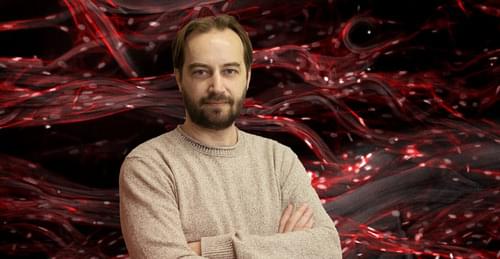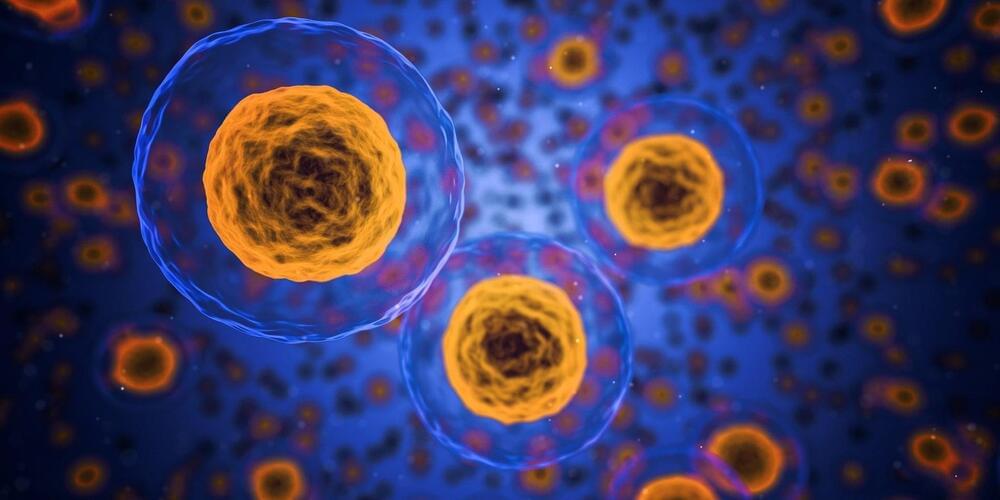Brain age was estimated using an algorithm that combined multiple measures of brain structure obtained through MRI scans when the participants were 45 years old. This algorithm quantified the difference between estimated brain age and the participants’ chronological age, referred to as brain age gap estimate.
If the estimated brain age is higher than the chronological age, it suggests that the brain’s structural characteristics are more similar to those of an older individual. Conversely, if the estimated brain age is lower than the chronological age, the brain’s structural characteristics resemble those of a younger individual.
Lay-Yee and his colleagues also adjusted their analyses for various potential confounding factors. These included socio-demographic factors like sex and socio-economic status, as well as family factors (teen-aged mother, single parent, change in residence, maltreatment) and child-behavioral factors (self-control, worry/fearfulness).








